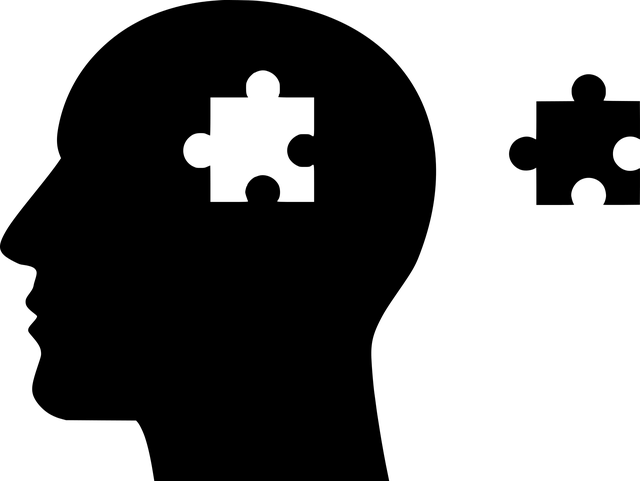Mental health is an issue and 2019 is not even halfway completed and look at all of the horrific events that have happened in the U.S. due to mental illness. More bad news? It keeps getting worse with each passing year.
At some point, we must tone down on the various conversations we are having about mental health and instead replace those (empty) words with real action. However, at least we have started somewhere.
Who remembers the 80’s. Heck, even the 90’s were a tough time for mental illness. On top of all the stigma that was associated with mental illness, no one spoke openly about it. Government officials? The media? Celebrities?
Nope, they weren’t having any of it. It was one of those things that everyone knew existed, but no one dared to speak about it. Thankfully, those days are over. Nowadays, everyone and their mothers are speaking about mental health.
And, with the rise of the internet, now everyone has a voice as well. This has boded well for the (supposed) betterment of mental health world. The first step in “recovery” is to recognize that there’s a problem in the first place and to communicate it as well.
The problem? We haven’t realized that it’s well past time for the next step.
It’s been great that we have been able to address mental health in public forum, with its ugly head in full display to the world. Look at how many celebrities are talking about mental health.
The Flying Fish himself, AKA Michael Phelps, has opened up about his battle with mental health issues. People like this have essentially “mainstreamed” mental health. This has surely encouraged more and more people to start talking about it.
But as already mentioned, we have been speaking about it for years. We know there’s a problem, so why aren’t the people who suffer from it getting the professional help they require?
Big Issues
You thought stigma was an issue? Remember that everyone is currently open to speaking about mental health. The 80s and 90s are long gone. Stigma is no longer considered the primary driving force behind people not getting help.
According to Mental Health America, people aren’t avoiding therapy on purpose. It’s due to several issues.
- No insurance or limited in-network coverage
- An undersized mental health workforce
- Lack of available treatment types
However, what’s not addressed in that MHA report is the fact that well over 60% of rural areas simply don’t have a psychiatrist/psychologist. Believe it or not, this is very likely the deciding factor for people living in despair. Think about that for a minute.
Tens of millions of people can’t see a therapist for disorders that are largely manageable and/or preventable. In addition to professional support, having a preventative health mindset is one of the keys to overcoming a lot of issues.
Solutions To A Growing Problem
Psychologists are no doubt constantly working on a myriad of solutions to this issue. However, 2 stand out the most. The first is self-help. Many people have what’s known as ‘mild’ disorders.
Although licensed help is always a good choice, some people will be able to correct most (or all) of their issues by understanding the complexities of their conditions on their own.
For example, someone going through mild anxiety can take a holistic approach to healing their ‘wounds’…on their own, without guidance from a licensed practitioner.
Many people are already exploring this avenue, however it’s still too early to tell what level of general success the overall population has seen from it.
The second is technology. We all love technology; it’s time that we put it to good use in areas that truly matter. As it currently stands, there are not too many things that are more important than mental health.
So, how can technology help us? Guess what – it’s already helping us, and has been doing so for quite some time. This ‘new’ technology is called telehealth. It’s exactly as its name suggests.
People now have the ability to communication with medical professionals electronically. This has opened up a massive new world to both people in need and the professionals themselves.
People now search for therapists who work online, and connect with them via their mobile device or computer. Remember all of those people who don’t have access to help in their town or city?
That problem has been completely eliminated. While this has ‘game-changing potential’, there’s still a long way to go. Most people still don’t know much about telehealth, and though most research points to it mostly being effective, there’s still not enough evidence available to make a true judgement call.
Conclusion
It’s great that we are at a stage where we can feel free to discuss the various issues of mental health. However, it’s time to take action to overcome it. Additionally, it’s nice to see that people are starting to become proactive with self-help and are open to new ideas (telehealth).
However, we need to continue to build upon this and come up with new ideas. This is something that is beatable. We just have to shift from talk to action.






